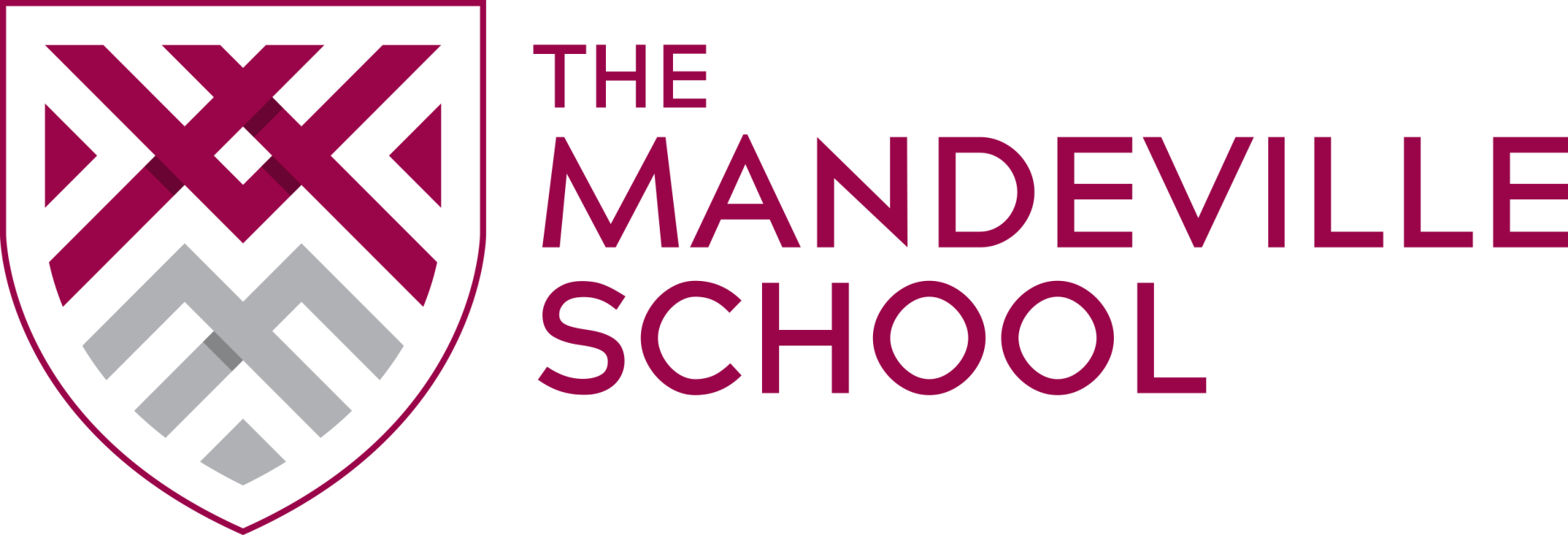Computing KS4 Overview
GCSE Computer Science (OCR Board)
Computer Science Learning Journey
This is a 2 year course and consists of 2 components:
1. Computer Systems
- Systems architecture
- Memory and storage
- Computer networks, connections and protocols
- Network security
- Systems software
- Ethical, legal, cultural and environmental impacts of digital technology
2. Computational Thinking, Algorithms & Programming
- Algorithms
- Programming fundamentals
- Producing robust programs
- Boolean logic
- Programming languages and Integrated Development Environments
All students are given the opportunity to undertake a programming tasks during their course of study. The course is assessed with 2 written exam of 1 hour 30 minutes at the end of the course, one for each components. More information about the course can be found by clicking the link below:
https://www.ocr.org.uk/Images/558027-specification-gcse-computer-science-j277.pdf
BTEC Award Digital Information Technology
BTEC Digital IT Learning Journey Year 10
BTEC Digital IT Learning Journey Year 11
This is a very relevant course for any student wanting to work in the digital sector. Students will gain the important knowledge, skills and understanding that are the foundations for working in this sector and apply them to realistic scenarios.
It is, however, challenging with 6 pieces of internally assessed coursework covering what students learn in components 1 and 2 and an external exam covering components 1,2 and 3.
Students will need to be focussed and willing to apply themselves as they will only be awarded the lowest grade achieved over the 6 pieces of coursework.
For those who choose to take the course they will learn many of the skills used by professionals on a day-to-day basis such as:
- Exploring user interface design principles and project planning – Choosing a user interface, hardware and software implications, skills and demographics, intuitive designs, project planning tools, design specifications, hardware, software and testing strategies refining and evaluation. (3 pieces of coursework)
- Collecting, presenting and interpreting data – Assessing the quality of data, data modelling, creating a dashboard, how presentation affects understanding and making recommendations. (3 pieces of coursework)
- Effective digital working practices – Collaborative technologies, communication and stakeholders, threats to digital systems, data level protection, impact of technologies, impact of technology on the environment, legal requirements and professional guidelines, net neutrality, intellectual property, criminal use of computer systems, system diagrams, data flow diagrams and much more.
Further information about this qualification can also be accessed at:







